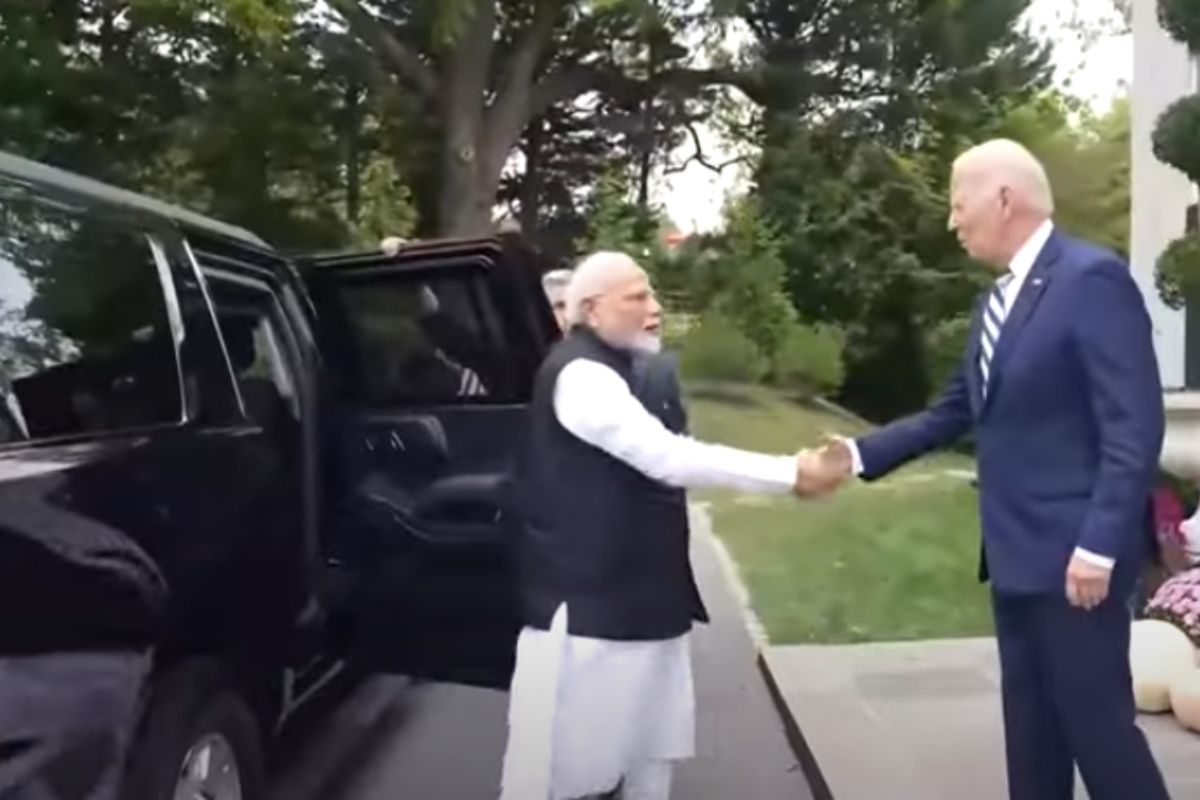In a move that underscores their growing strategic ties, India and the United States have announced a groundbreaking semiconductor partnership. This “watershed arrangement” will establish India’s first national security semiconductor fabrication plant, set to produce advanced chips vital for military hardware, next-generation telecommunications, and green energy technologies.
This landmark collaboration, announced during talks between Indian Prime Minister Narendra Modi and US President Joe Biden, marks the first time the US military will share such high-value technologies with India. The ambitious project will involve the US Space Force, which is part of the US armed forces.
Focus on advanced technologies
The plant will provide chips for the US armed forces, allied militaries and Indian defence forces, according to The Times of India
The plant will specialize in manufacturing advanced semiconductors like infrared, gallium nitride, and silicon carbide, crucial for cutting-edge sensing, secure communication, and renewable energy applications. It is also aligned with the US CHIPS Act, which allocates $500 million over five years to promote secure semiconductor supply chains and trusted telecommunications technologies.
This partnership not only enhances India’s technological capabilities but also aligns with its ambition to become a major player in global semiconductor supply chains.
Prime Minister Modi met top tech CEOs in New York on Monday (September 23) and urged them to explore India as a manufacturing and innovation hub. The meeting was attended by 15 top CEOs, including Google’s Sundar Pichai, Adobe’s Shantanu Narayen, IBM’s Arvind Krishna and NVIDIA’s Jensen Huang, says the BBC.
Quad summit
Modi met US President Joe Biden on the sidelines of the Quad summit on Saturday (September 21) and the two countries signed several agreements.
The Quad leaders on Saturday issued a joint communique which focused largely on maritime security in the Indo-Pacific region.
“We strongly oppose any destabilising or unilateral actions that seek to change the status quo by force or coercion…We seek a region where no country dominates and no country is dominated – one where all countries are free from coercion, and can exercise their agency to determine their futures,” the statement read.
Analysts say the statement didn’t name China but a large part of the message was aimed at the country. They also noticed that the language appeared to be much stronger.
This was Modi’s first US visit since he won his third term in June.

